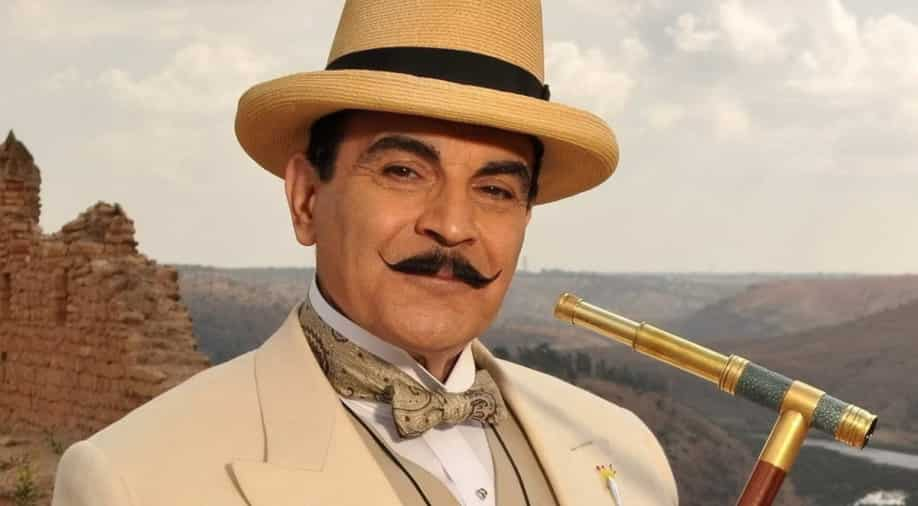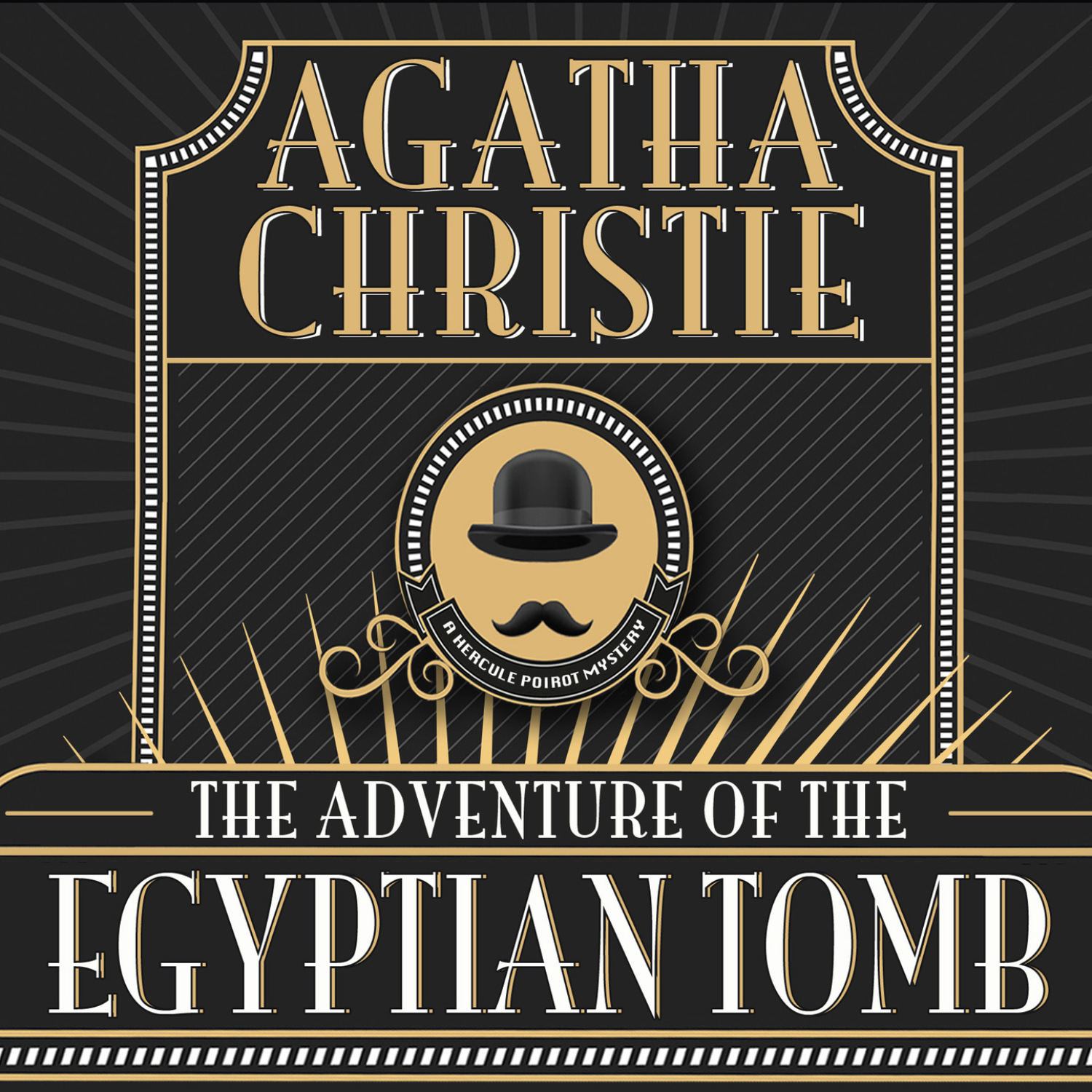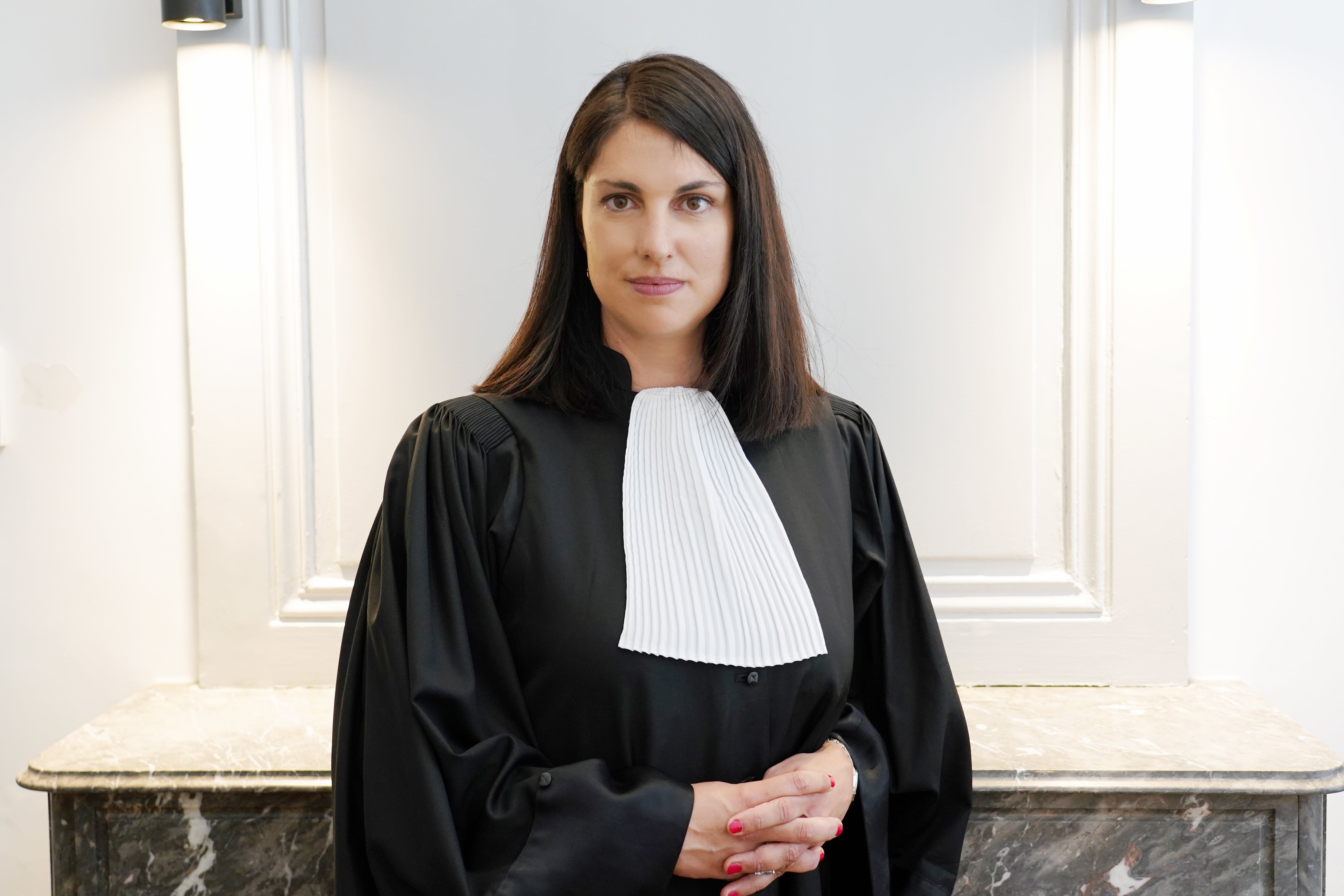Agatha Christie's Poirot: Adaptations And Influences

Table of Contents
Early Adaptations and Their Impact on Poirot's Portrayal
The earliest adaptations of Agatha Christie's Poirot stories played a crucial role in shaping public perception of the character. Radio plays, stage productions, and early film versions, while often constrained by the technological limitations of their time, introduced Poirot to a wider audience and established some key aspects of his persona. These early interpretations, though differing in detail, laid the groundwork for subsequent portrayals.
-
Specific Examples and Impact: Early radio dramas, for instance, relied heavily on dialogue to convey Poirot's character, emphasizing his intellect and eccentric mannerisms. Early film adaptations, often silent or with limited sound, focused on visual storytelling, showcasing his meticulous nature through close-ups and detailed scenes. These early adaptations, though often simplified, successfully introduced the core elements of Poirot’s personality and the mystery genre he epitomized.
-
Variations in Poirot's Portrayal: The portrayal of Poirot varied significantly across these early media. Some emphasized his flamboyance and theatrical nature, while others highlighted his analytical skills and deductive reasoning. These early iterations planted the seeds for the diverse interpretations that would follow.
-
Constraints and Opportunities of Each Medium: Radio, with its reliance on sound, allowed for a focus on Poirot's voice and dialogue, creating a strong auditory image. Early film, on the other hand, had to rely on visual cues to convey character and plot, sometimes simplifying the complexities of the original stories. Each medium presented unique challenges and opportunities for adapting the character and plot.
The Golden Age of Television: David Suchet's Defining Performance
The 1989-2013 ITV series starring David Suchet is arguably the most celebrated and influential adaptation of Agatha Christie's Poirot. Suchet's performance is widely considered the definitive portrayal of the character for many viewers, profoundly impacting how Poirot is perceived even today. His meticulous attention to detail, perfectly capturing Poirot's mannerisms and accent, resonated deeply with audiences.
-
Suchet's Impact and Enduring Popularity: Suchet's portrayal is praised for its nuanced complexity; he managed to capture both Poirot's arrogance and his underlying vulnerability. This depth added a layer of humanity to the character, making him more relatable while maintaining the aura of brilliance. This definitive performance has solidified Poirot's place in popular culture.
-
Comparison with Other Portrayals: Comparing Suchet's performance to previous or subsequent portrayals, it's clear that his interpretation set a new standard. While other actors have captured aspects of Poirot's character, Suchet's portrayal is often cited as the most complete and compelling. The depth he brought to the character made it incredibly believable and enjoyable to watch.
-
Faithfulness to Source Material: The ITV series also stands out for its remarkable faithfulness to the source material. While some adaptations take liberties with the plots, Suchet's series largely remained true to Christie's original stories, allowing viewers a faithful immersion into the world of Hercule Poirot.
Modern Interpretations and Reimaginings of Agatha Christie's Poirot
In recent years, we've seen a resurgence of interest in Agatha Christie's Poirot, leading to new adaptations that attempt to appeal to contemporary audiences while respecting the legacy of the original stories. These modern interpretations often employ updated storytelling techniques and visual styles, sometimes leading to both successes and failures.
-
Changes in Storytelling Techniques and Visual Styles: Modern adaptations often leverage cinematic techniques to create suspense and visual intrigue. They may incorporate faster pacing, more contemporary visual styles, and updated score choices to appeal to modern tastes.
-
Examples of Modern Adaptations: While specific examples vary, Kenneth Branagh's film adaptations, though sometimes criticized for deviations from the source material, have found success in the box office. These versions highlight a more action-oriented Poirot, highlighting the character's physical prowess as well as his intellectual capabilities.
-
Challenges of Adapting Classic Mysteries: Adapting classic mysteries to a modern context presents challenges. Balancing faithfulness to the original story with the demands of a contemporary audience requires careful consideration. Modern sensibilities may require adjustments to characters, plot, and themes, potentially affecting the integrity of Christie's original vision. Many modern adaptations strike a balance while others struggle.
The Influence of Poirot on the Detective Fiction Genre
Hercule Poirot's influence extends far beyond individual adaptations; he significantly impacted the detective fiction genre itself. His character embodies the archetype of the brilliant, eccentric detective, setting a standard for future creations.
-
The Locked-Room Mystery and Poirot's Role: Poirot's involvement in many "locked-room mysteries," where seemingly impossible crimes have occurred, helped popularize this subgenre within detective fiction. His ability to unravel these intricate puzzles became a hallmark of his character and a major influence on subsequent authors.
-
The Enduring Appeal of "Little Grey Cells": Poirot's famous "little grey cells," referring to his superior intellect and deductive reasoning, have become synonymous with the act of detection itself. This emphasis on meticulous observation and logical deduction has inspired countless detectives in books, films, and television.
-
Influence on Later Detective Characters: The character of Poirot, with his unique combination of eccentricities, brilliance, and unwavering dedication, has undoubtedly served as a template and inspiration for countless detectives in subsequent works of detective fiction.
Conclusion
From early radio dramas to modern cinematic interpretations, Agatha Christie's Poirot has enjoyed a remarkable and varied journey across different media. Adaptations have shaped public perception, defined the character, and influenced the detective fiction genre itself. David Suchet's portrayal remains a benchmark, yet modern interpretations continually explore new facets of the enigmatic detective. Explore the fascinating world of Agatha Christie's Poirot adaptations further! Dive into the books, watch the various film and television versions, and discover the enduring legacy of this iconic detective. Delve deeper into the rich history of Agatha Christie's Poirot and its enduring influence on popular culture.

Featured Posts
-
 Is There A Bbc Agatha Christie Deepfake Evidence And Analysis
May 20, 2025
Is There A Bbc Agatha Christie Deepfake Evidence And Analysis
May 20, 2025 -
 Exploring The Enduring Legacy Of Agatha Christies Hercule Poirot
May 20, 2025
Exploring The Enduring Legacy Of Agatha Christies Hercule Poirot
May 20, 2025 -
 Uk Households Urgent Action Needed On New Hmrc Letters
May 20, 2025
Uk Households Urgent Action Needed On New Hmrc Letters
May 20, 2025 -
 Philippines Us Missile System A Detailed Explanation
May 20, 2025
Philippines Us Missile System A Detailed Explanation
May 20, 2025 -
 State Media Urges Philippines To Remove Missiles From South China Sea
May 20, 2025
State Media Urges Philippines To Remove Missiles From South China Sea
May 20, 2025
Latest Posts
-
 The Kite Runner And Nigeria A Study In Pragmatic Decision Making
May 20, 2025
The Kite Runner And Nigeria A Study In Pragmatic Decision Making
May 20, 2025 -
 Fermeture De La Gaite Lyrique Les Employes Demandent L Intervention De La Mairie De Paris
May 20, 2025
Fermeture De La Gaite Lyrique Les Employes Demandent L Intervention De La Mairie De Paris
May 20, 2025 -
 Atkinsrealis Droit Inc Avocats Specialises En Droit Des Affaires
May 20, 2025
Atkinsrealis Droit Inc Avocats Specialises En Droit Des Affaires
May 20, 2025 -
 A Nigerian Context Analyzing The Themes Of Redemption In The Kite Runner
May 20, 2025
A Nigerian Context Analyzing The Themes Of Redemption In The Kite Runner
May 20, 2025 -
 Gaite Lyrique Situation Preoccupante La Mairie Sollicitee Pour Assurer La Securite
May 20, 2025
Gaite Lyrique Situation Preoccupante La Mairie Sollicitee Pour Assurer La Securite
May 20, 2025
